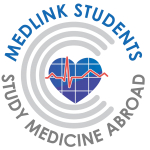
Located in: Slovakia
















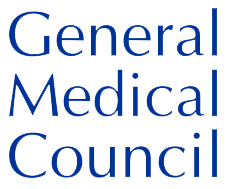





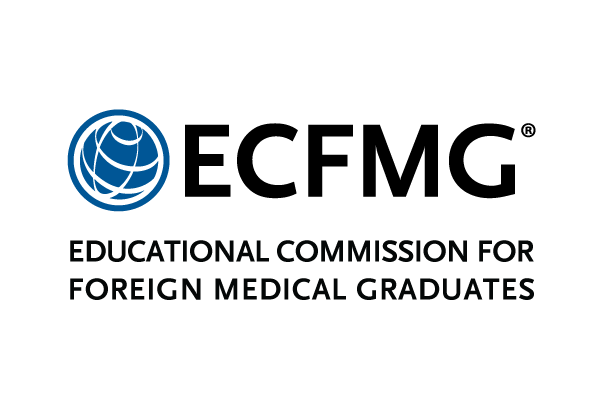



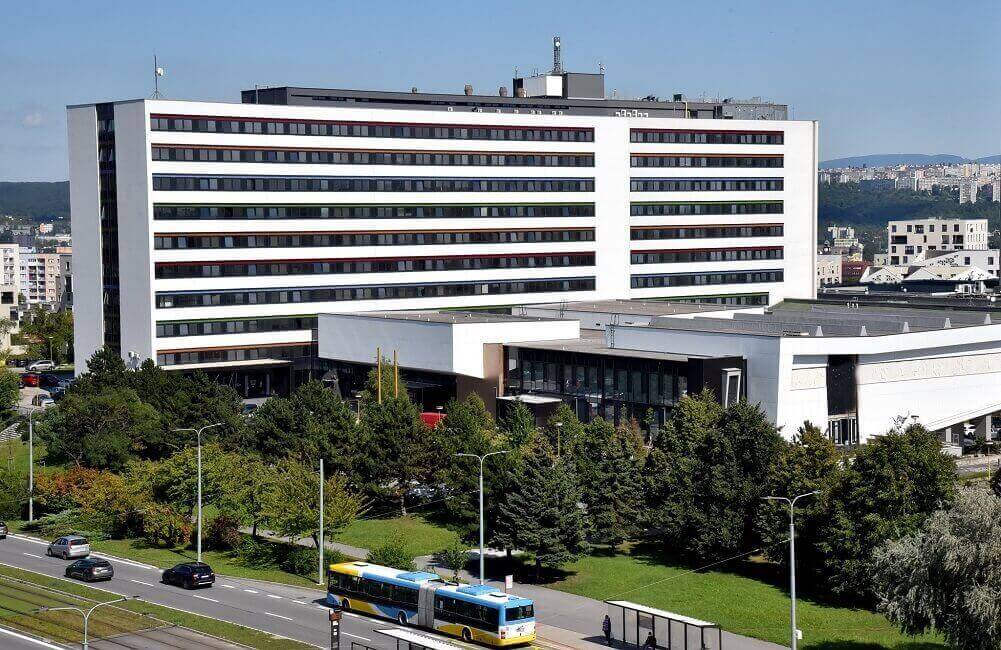

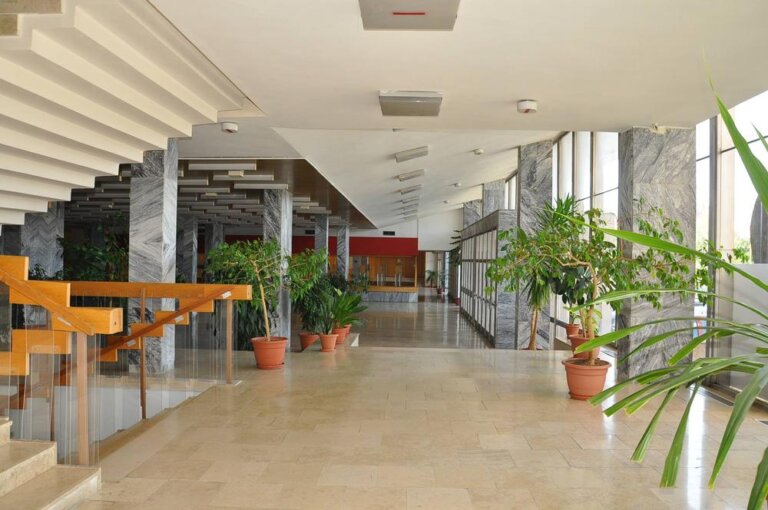

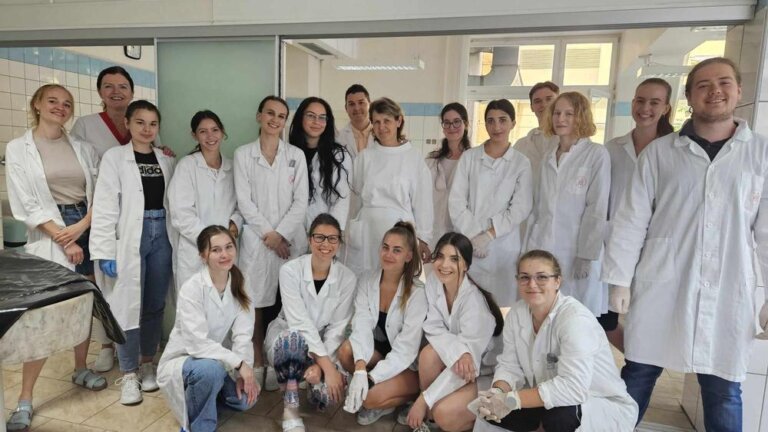

Pavol Jozef Safarik University was founded in 1959 and was the second classical University in Slovakia. Nowadays, the university consists of five faculties – Medicine, Science, Law, Public Administration, and Arts. More than 7500 students study and shape their future here.
Kosice is the second-largest city in Slovakia, known for its rich history and its nickname: the metropolis of the East. It also welcomes thousands of visitors annually for business, education, or tourism.
Currently, Pavol Jozef Safarik University in Kosice ranks among the top educational and scientific institutions not just in Slovakia but in Europe too. The English programme made its debut 15 years ago, and since then, hundreds of international students have successfully graduated and earned a degree in General Medicine or Dentistry.
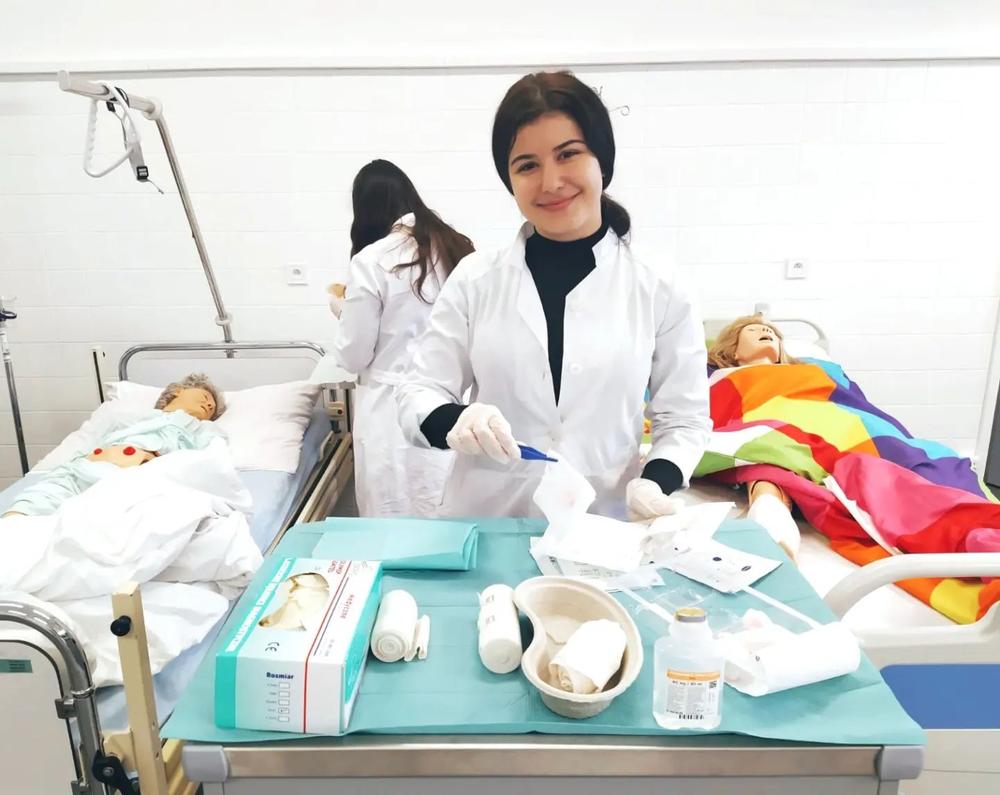

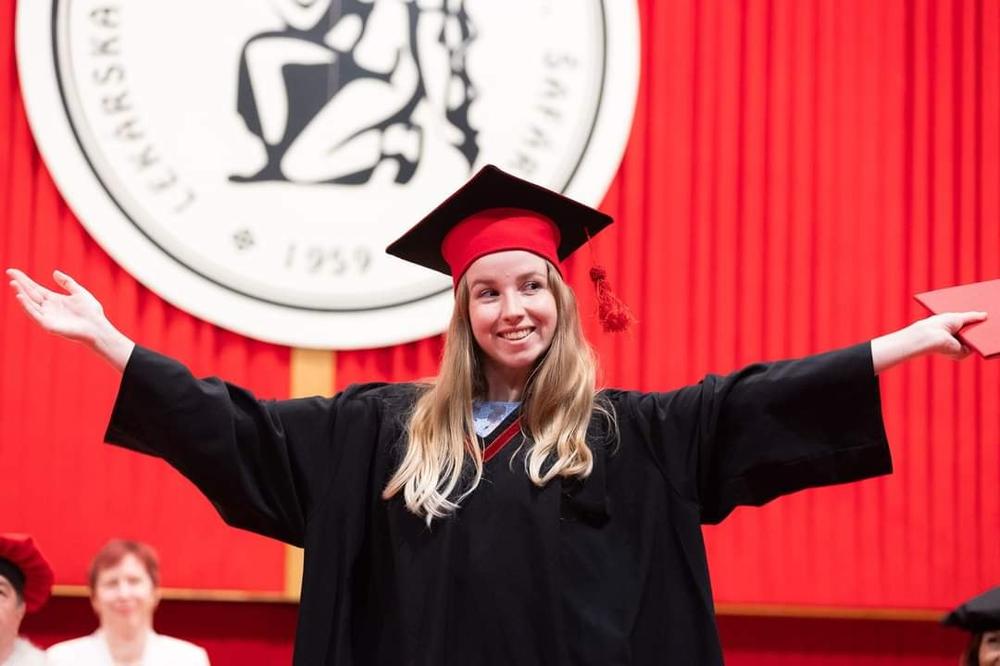

Both specialities are available for international students proficient in English. Also, The Faculty of Medicine is closely related to the Teaching Hospital in Kosice, where you will spend the last years of your education practising the clinical disciplines.
The university accepts student transfers and also offers graduate entry into medicine. Graduate entry, also known as an accelerated MD, is a pathway designed for graduates who have a Bachelor’s Degree in a science-related field. The medicine programme at Pavol Jozef Safarik University is normally 6 years, but with this option, you can get placed directly into the 2nd or 3rd year of the course.
The address of the university is Trieda SNP 1 040 11 Kosice, Slovak Republic.
Pavel Jozef Safarik University spares no expense when it comes to providing engaging extracurricular activities. The campus library is home to thousands of books, which students browse digitally for convenience. A botanical garden showcases plants from various climates and regions and offers a packed calendar of events and activities.
The faculty of medicine even boasts its own research team. The Excellent Team for Research into Atherosclerosis (EXTASY) is dedicated to studying this degenerative disease, with select students having the opportunity to contribute to the effort. Meanwhile, for sports, the campus is replete with top-notch facilities, including 3 outdoor and one indoor gymnasium, a swimming pool, and tennis courts.
The university is also part of the Erasmus+ programme, which enables students to travel and study abroad, while also providing grants for education, training, and sport.
Associations and clubs at Pavol Josef Safarik University include:
The Faculty of Medicine provides university study in English for international students in two branches: general medicine (6-years) and dental medicine (5-years).
The tuition fees are from to per year for General Medicine and to per year for Dental Medicine.
The Faculty of Medicine accepts 200 new students for medicine and 35 for dentistry each year for English programmes.
Students must apply as soon as possible, as an early application allows for more time to prepare a strong application file.
The Pavol Jozef University of Medicine accepts applications between June and August. Submit an application to one of our advisors, who can contact you with more information. Students must submit their documents to Medlink Students before September every year.
To secure a seat in the university, students must have good grades in their high school certificate, e.g. three A-levels, Baccalaureate, final leaving certificate, etc. If they meet those requirements, then they must sit an entrance exam.
There is an all-in-one Biology and Chemistry exam, which is held at the Medical University and consists of multiple-choice questions. The exam will be 2 hours and 30 minutes.
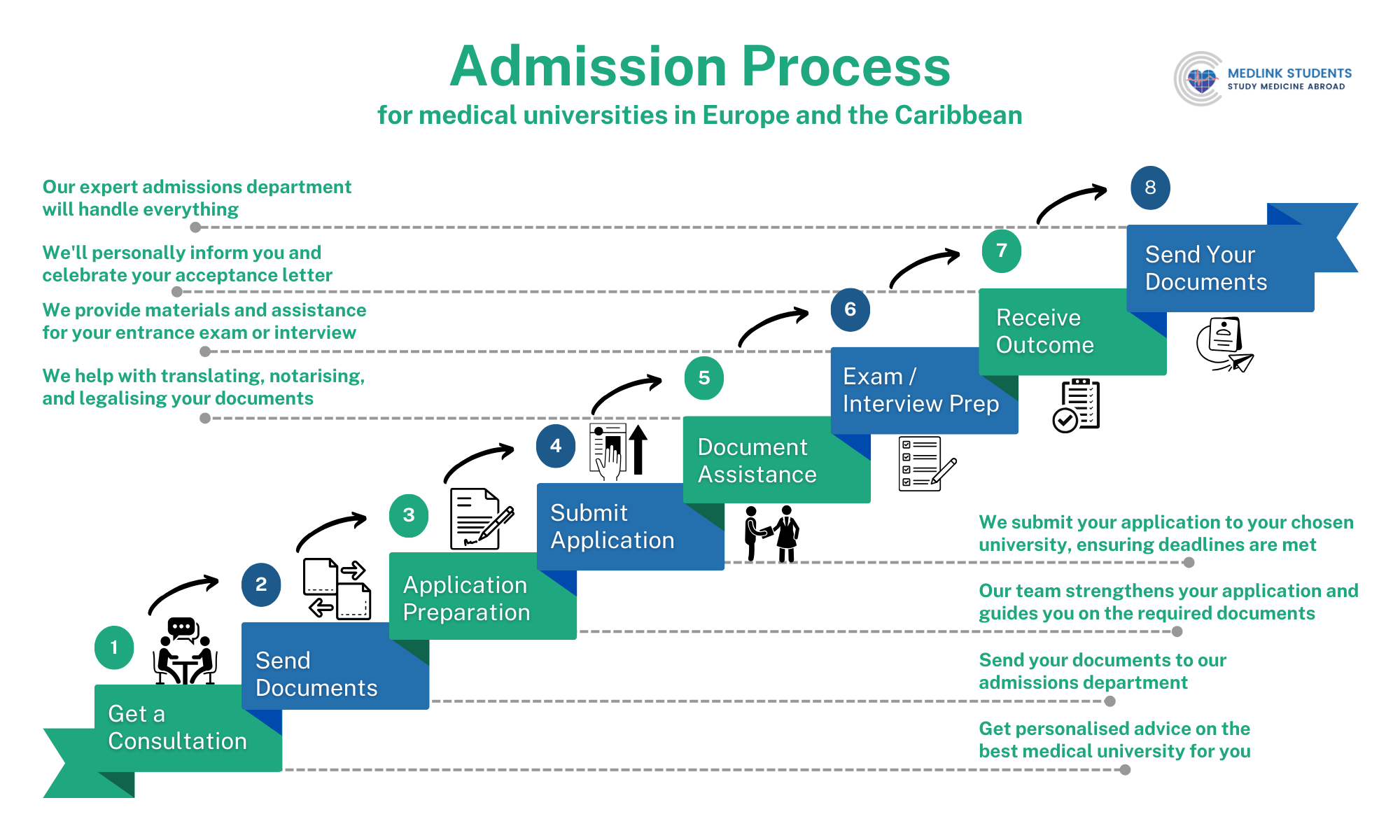

Getting accepted for Pavol Jozef Safarik University's Medical Programme has become increasingly difficult due to the growing number of candidates each year. The competition is fierce and only the best candidates make it through. On top of that, the university has a long list of requirements and legal protocols that must be followed, which includes preparing documents that need to be translated, notarised, and legalised. Improperly submitting an application will lead to getting rejected, so it is essential that everything is done correctly. Don’t worry though. Our admissions specialists are among the finest in Europe and can manage the entire application process on your behalf, including all of the legal intricacies. Additionally, thanks to our collaboration with this excellent medical school, we possess an in-depth understanding of what they are looking for in an ideal candidate. By getting our support, you can be confident that you’ll submit an excellent application that will make you stand out from the competition. On top of that, we will provide you with excellent reading materials, that will help you prepare for the entrance exam. At Medlink Students, we can guarantee your acceptance to the Pavol Jozef Safarik University. With us, you can skip the confusing parts of applying abroad and focus on what’s most important - getting ready for the entry test.
Additionally, we will provide support throughout your entire education, and will help you start practising as a doctor in the UK as fast as possible.
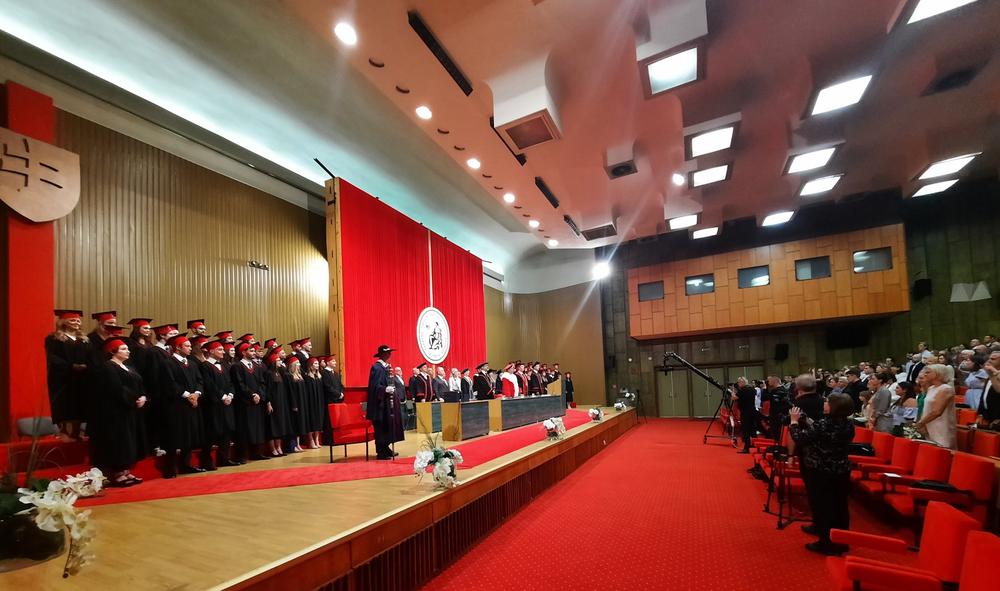

As a graduate of General Medicine in Slovakia, you will know both theoretical and pre-clinical subjects and clinical disciplines. In your practical training, you will learn necessary preventive, diagnostic, and therapeutic procedures. The medical study programme lasts for 6 years, and as a graduate, you are awarded the degree of “Doctor of General Medicine” (MUDr.). This automatically entitles you to work in the European Union and worldwide.
As a graduate of Dental Medicine, you will have adequate theoretical knowledge of theoretical, pre-clinical, and clinical disciplines. During your practical exercises in the subjects of dental medicine, you will learn necessary preventive, diagnostic, and therapeutic procedures and will become qualified to independently perform basic practical procedures. The study of Dental medicine lasts for 5 years. Its graduates are awarded the degree of “Doctor of Dental Medicine” (MDDr.), which is also recognised in any country of the European Union and the majority of other countries.
The GMC recognises the University of Pavol Jozef Safarik. To be accepted, the GMC’s requirements are: you will need to have graduated successfully in a course that contained at least 5,500 hours and lasted at least three years.
The university meets the criteria for acceptance into the General Medical Council.
Pavol Josef Safarik University is partnered with several exceptional hospitals, where students get comprehensive clinical training in over 45 departments across 9 hospitals, including:
The university is also partnered with 20+ specialised educational bases, as well as a dedicated research centre, including:
The university offers student housing for students in the Faculty of Medicine. There are single, double, and triple rooms available, all of which have Internet access (/month). There’s a shared kitchen on each floor, with 2 refrigerators, a cooker, an oven, and a microwave. On the first floor, you can also find a computer room, a laundry room, and a study room. Prices for each room type are:
Securing a dorm room is usually tricky for several reasons, the biggest of which is that demand is higher than supply. If you have trouble getting into the student hostel, consider renting an apartment in the city, as it’s also an affordable option.
A single-bedroom apartment in Kosice will cost you between – per month, depending on how close or far you are from the city center. Other living expenses like utility bills, food, and free time activities can cost you anywhere between – depending on your buying habits. So you expect to spend from – .
As a former European capital for culture, Kosice has a lot to offer in terms of day and night activities. For example, if you plan a city tour, you can see various historical museums and monuments, sculptures, cathedrals, theatres, and more. Kosice is not short of places to have a good meal and get a feel of Slovak cuisine. If you like nature, you can visit numerous parks and the city zoo. For clubbing enthusiasts, Kosice offers a lot of bars and clubs where you can have a refreshing drink and listen to live music.
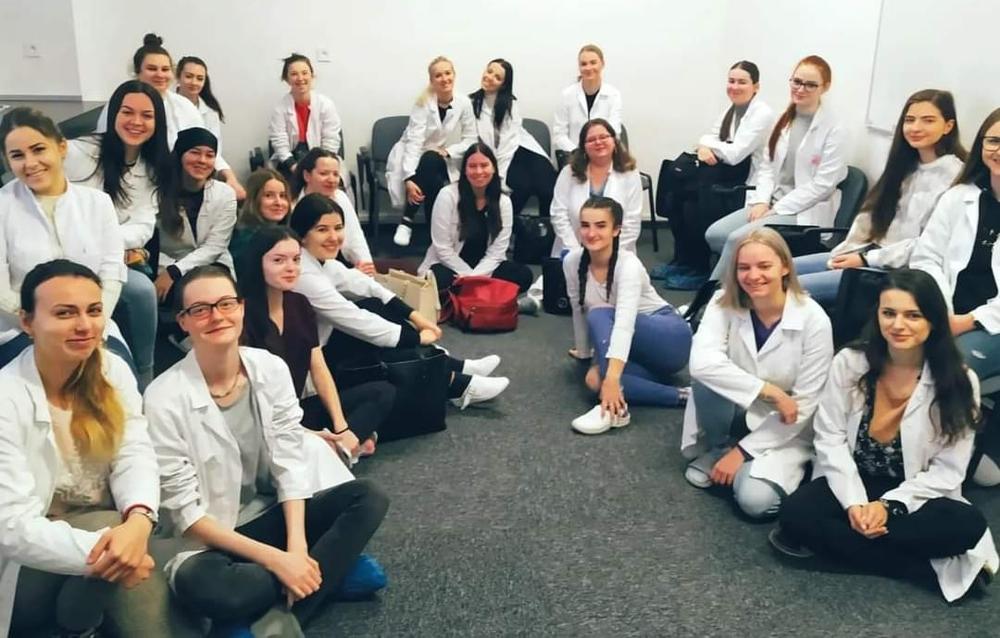

While Kosice may be Slovakia's second-largest city, it competes fiercely with Bratislava for cultural richness and educational excellence. Here, visitors can explore a wealth of UNESCO sites, predominantly situated in the charming Old Town area. Kosice locals have loads of amazing things to see, like the gothic towers of St. Elisabeth Cathedral or the sturdy walls of Executioner’s Bastion.
The city offers countless opportunities for recreation in the form of cafes, art galleries, theatres, and cinemas. There are plenty of places to have a good meal, and for clubbing enthusiasts, Kosice offers a lot of bars and clubs where you can have a refreshing drink and listen to live music.
You can stroll in the parks and the city zoo if you like nature. Yet, the highlight is the nearby ski slopes offering unrivalled outdoor pursuits during winter, where weekends can be filled with skiing or snowboarding.
Speaking of winters, the average temperature during the coldest season is -2 Celcius. Summers are relatively cool in Kosice, with average temperatures during the day around 21 Celcius. Aspiring medical professionals are advised to plan a balanced wardrobe but keep it safe on the warm side.
If you are just interested in hanging out with friends at the nearby shopping centre, pass by Kosice's OC Optima - it offers a perfect blend of fashion stores, everyday eateries and a supermarket.
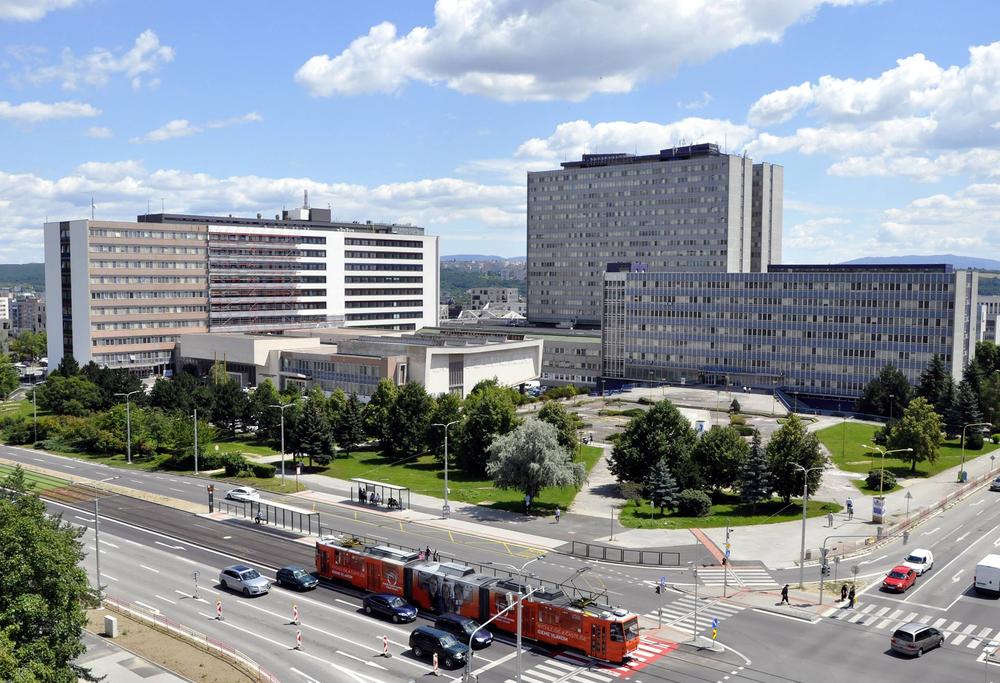

Welcome to the enchanting city of Kosice, where the spirit of diversity and inclusion thrives. The city of Kosice embraces students from various ethnicities, religions, and cultures, creating an environment that fosters understanding and appreciation. Mosques, churches, and synagogues grace the city, serving as symbols of unity and offering spaces for spiritual nourishment.
Culinary exploration knows no bounds, with an array of vegetarian, kosher, and halal restaurants satisfying the palates of students seeking diverse flavours. Slovak culture fosters a sense of safety and respect, ensuring the well-being of all students, including hijab women.
The winter semester usually starts at the end of September and lasts until the end of the calendar year. After Christmas and New year holidays is the examination session, which ends in mid-February.
The second semester starts right after the examination period, meaning mid-February. It lasts for 14 weeks or until mid-to-late May. Immediately, a 6-week examination session begins and ends in early July.










The university is located in Kosice, Slovakia. The city is on the banks of the Hornad River, next to the Black Mountain. The university’s address is Trieda SNP 1 040 11 Kosice, Slovak Republic.
Yes. Transfers are possible for medical students.
Yes, you can study graduate entry medicine at Pavol Jozef Safarik University.
Tuition for medicine is starting from per year. Dentistry costs start from per year.
The university's medical graduates get international recognition of their degrees. The World Health Organisation recognises it through its World Directory of Medical Schools. In addition, the UK General Medical Council also recognises the university.
Yes. You can study medicine and dentistry in English.
Yes. The university has almost 200 graduates registered with the UK General Medical Council.
Yes. There is a multiple-choice test that covers Biology and Chemistry.
Students need a secondary education certificate with good grades. They also need to pass an entrance examination.
The Autumn semester starts at the end of September.
Pavol Jozef Safarik University provides student housing with various room options and facilities designed to accommodate the needs of its diverse student body. These housing options ensure that students have a comfortable and conducive living environment while studying at the university.
Pavol Jozef Safarik University offers career counselling, workshops on residency applications, and guidance on medical licensure. Students should inquire about these services to ensure they receive support in planning their medical careers post-graduation.